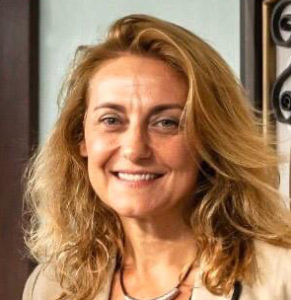Cisnormativity and Christiannormativity at the Strasbourg Court: Reflections on Gender and Religion

Eugenia Relaño Pastor is Assistant Professor in the School of Law, Complutense University, Madrid (Spain), and Cooperation Partner in the Department of Law and Anthropology at the Max Planck Institute for Social Anthropology, Halle (Germany). [1]
Europe is suffused with Christianity, or at least memories of its past influence.
—Andrew Higgins[2]
Those searching to have their gender legally recognized by the European Court of Human Rights (ECtHR or Strasbourg Court) and members of religious minorities who pursue equal rights and privileges enjoyed by dominant religious groups may not apparently share much in common. However, the following post sheds light on the similarities in the demands coming from gender and religious minorities. An initial examination unveils three common features shared by gender and religious minorities in searching for effective freedom: (1) the bias embedded in heteronormative laws and traditional church-state relations, (2) the experience of intersectional forms of discrimination, and (3) a self-determination approach to gender and religion.

